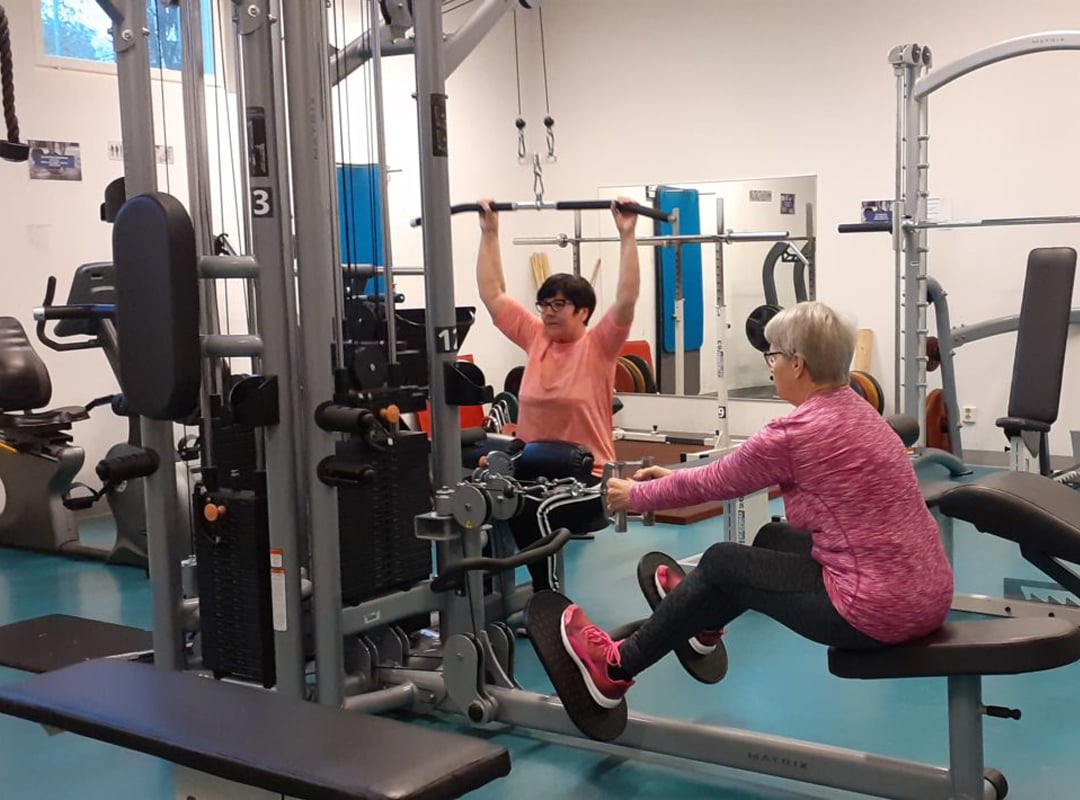V4V Good Practice Case Studies: Lempäälän Kunta (The municipality of Lempäälä)
Sport / Activity: N/A | Country: Finland

Which of the four pillars does the example cover?
Pillar 1 – Volunteer strategy and planning
Pillar 3 – Volunteer management and retention
Pillar 4 – Volunteer development and training
Focus of volunteer intervention: Volunteer Induction

Objective(s):
Lempäälä is a local council / municipality in Finland who have been involved in providing activity programmes for older people or individuals with long-term mobility issues or a disability. The programme aims to support these individuals to become more physically active through undertaking regular exercise, for example chair exercise, gym-based activities and even volleyball, which may help improve their condition. Due to a lack of resources, the council / municipality struggled to provide services for all interested groups and individuals, with a lack of resource to pay instructors a particular issue.
However, there was interest from many individuals in volunteering on the programme to support its delivery and to provide advice and guidance to participants. These individuals, many of whom were originally participants on the programme became ‘volunteer co-instructors’ and organise and support small activity groups. By providing training and support for these volunteers, the council / municipality was able to increase the opportunities provided by the programme and support more community members to become active.
Activities undertaken:
The council / municipality organised an initial induction programme for the volunteer co-instructors to ensure that the advice and guidance they provided to participants was appropriate and to ensure that the co-instructors had all necessary information to support the delivery of the programme. The induction programme is supported by the Age Institut who provide training on health and safety, recognising individual needs, and general tips on how to support older people to engage in physical activity.
This is then further supported by an ‘Action Programme’ which involves monthly meetings for co-instructors to share their experience and generating new ideas for both physical and social activities for their groups. This also enables co-instructors to raise any issues or challenges they face. This ongoing support on top of the comprehensive induction programme is important for the ongoing success of the scheme and highlights the importance of developing ongoing support for volunteers beyond induction.
Challenges faced:
Due an ageing society, demand for the programme continues to grow with a key challenge involved recruiting additional instructors and identifying good quality facilities to use to host activities.
Due to the lack of experience of instructing exercise and physical activities, it is important to place new volunteers with more experienced instructors. It is also important to ensure that the volunteer is comfortable with the activity group before becoming a co-instructor, therefore the programme encourages volunteers to spend time as participants on the programme before starting to volunteer.
Impact:
The volunteer co-instructors identified that the induction programme helped to increase their self-confidence and gave them the knowledge they needed to contribute to the activity programme. The ongoing support they receive through the ‘Action Programme’ has helped to retain volunteers and create a strong volunteer community.
By recruiting and training volunteer co-instructors, the activity programme has been able to provide a much wider range of activities for older people from the Lempäälä community. The use of volunteers often facing similar issues to participants has also been a significant factor in attracting new participants to the programme. The programme has helped to increase physical activity levels and overall health and wellbeing. For some participants this has meant that they have been able to continue to live independently with a reduced risk of falls. Many participants also report feeling much stronger physically (for example, they can walk further) and mentally (for example, they are more self-confident).
The success of the programme has led to other councils / municipalities to replicate the volunteer-led approach in their own areas.
For further information: Click here